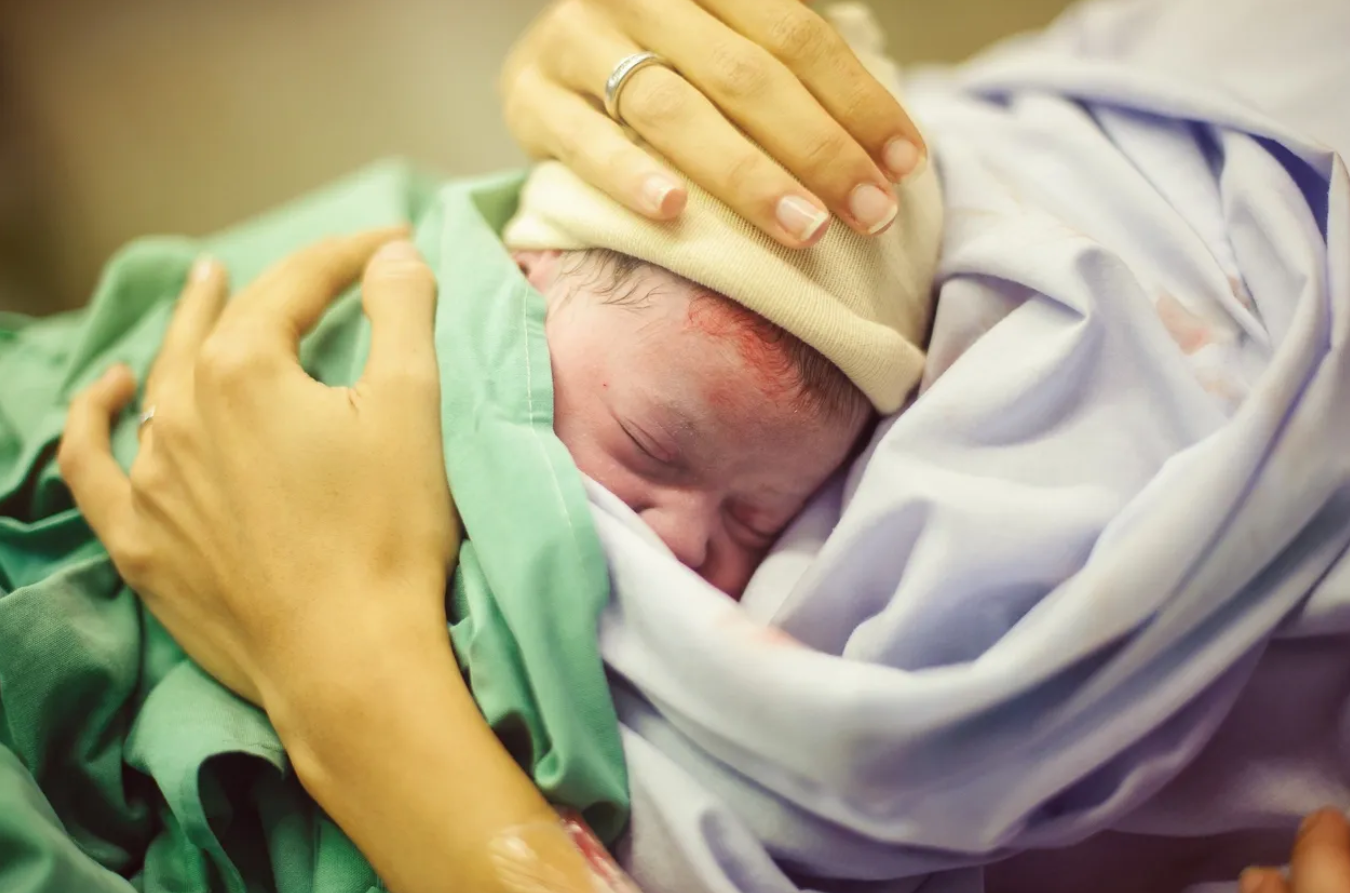So you’ve just given birth to a lovely baby. You should be feeling happy, right? But why do you feel down? Why do negative thoughts invade your mind? Why do you sometimes feel that you hate your baby? Perhaps it is not just a case of the blues. You might be experiencing postpartum depression symptoms. Read about postpartum depression symptoms here and find out if there’s something more to your blues.
But before we go into the symptoms, rest assured that postpartum depression is normal. It does not mean that you are a bad mother or are going crazy. It is a perfectly normal condition mainly caused by fluctuations in the hormones.
Below are some signs of postpartum depression you have to watch out for:
- Excessive worrying. Are you worried more than usual? Do you think of unusual, farfetched scenes of something bad happening to you or your family?
- Irritability. Is your patience wearing thin these days? Do you snap easily at people?
- Sleeping problems. Are you having trouble sleeping, or are you sleeping too much? Either of these two extremes can mean postpartum depression.
- Constant depression. Is sadness or an impending sense of doom your constant companion? Does suicide look increasingly appealing to you everyday?
- Tearfulness. Are you feeling more weepy than usual? Do you easily get upset?
- Trouble concentrating. Are you often absentminded, distracted or have problems focusing? Do you “block out” in the middle of a conversation?
- Discomfort or indifference towards the baby. This is the symptom that is arguably the most difficult to deal with. You might hate yourself and feel that you are a bad mother for feeling this way but don’t fret – this is very normal for women with postpartum depression.
Postpartum depression can sometimes go away after a few days or two weeks. But if the symptoms last longer than this period, you may need to seek professional help already. If you have serious thoughts of harming yourself or your child, then it is best to seek medical help immediately.
Be alert for these postpartum depression symptoms and seek therapy as necessary.



